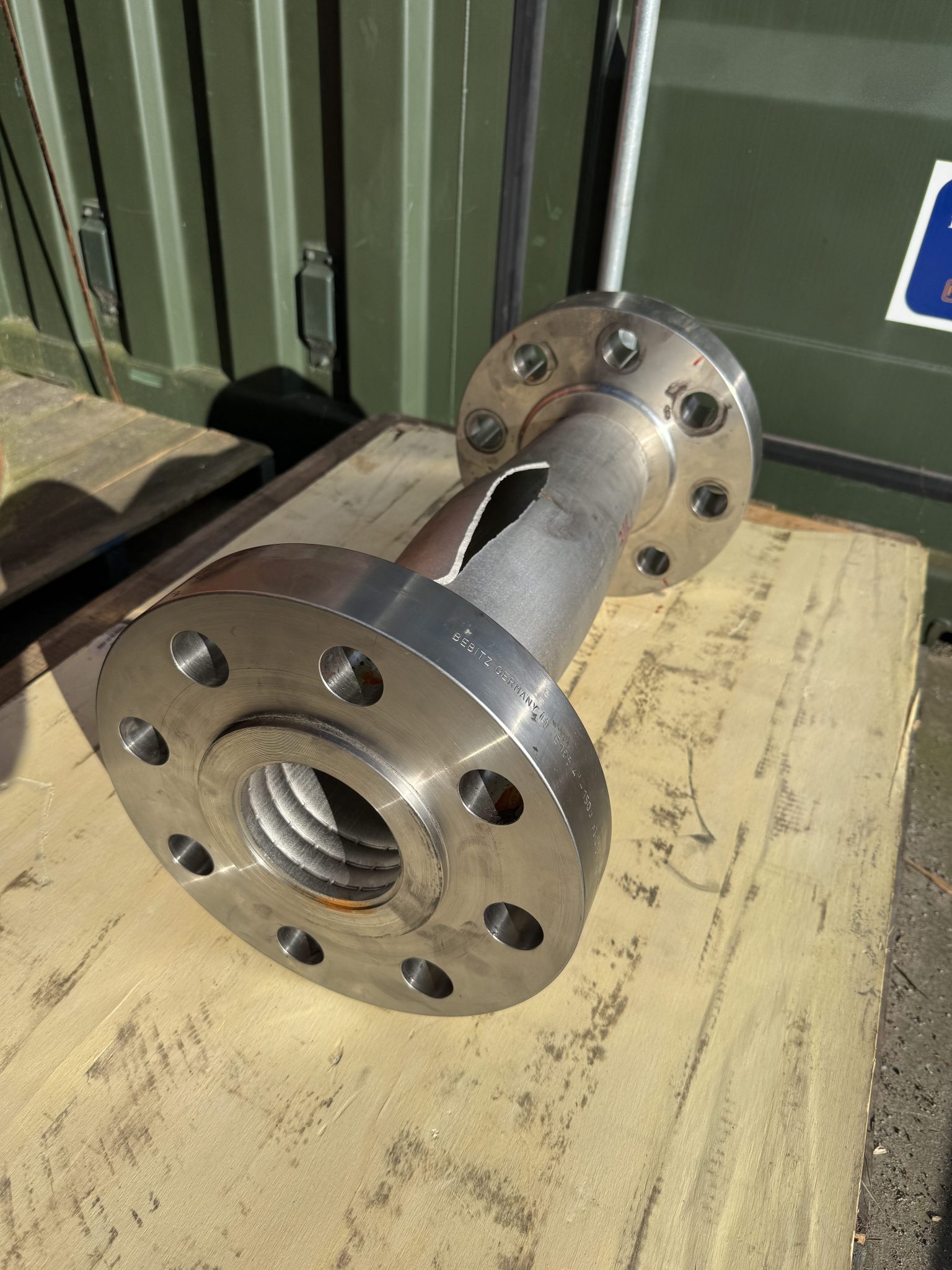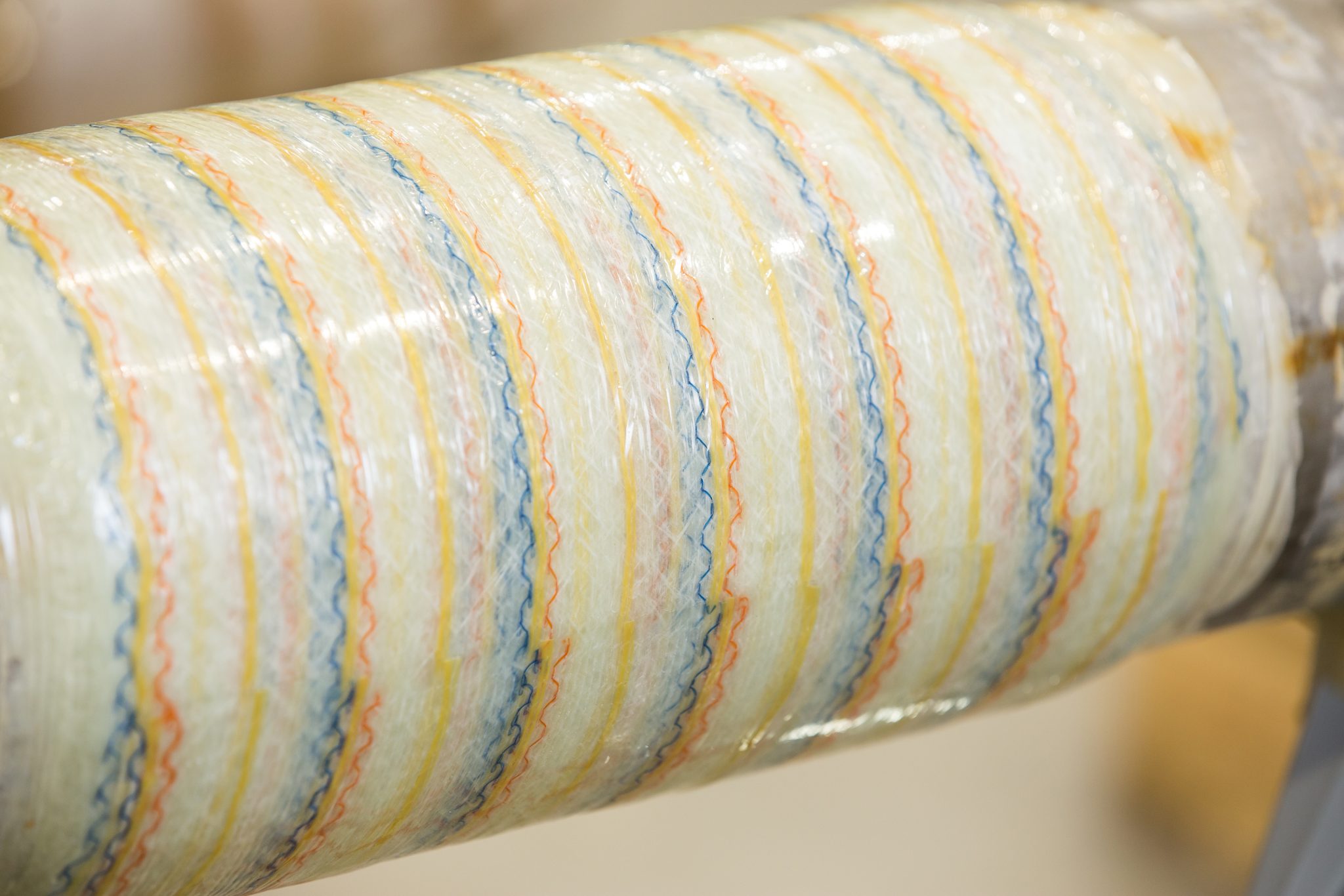| Date | Client | Location |
|---|---|---|
| November 2020 | Global Operator | West Africa |
The Issue: Premature mooring chain failures
Over the past decade there have been several instances of premature mooring chain replacements due to unexpected failures. On retrieval of the mooring lines, it has been found that the upper chain sections have been significantly affected by the phenomena known as ‘mega pits’ (see Figure 1). This phenomena occurs in tropical waters, and several FPSOs off the coast of West Africa have been particularly badly affected.
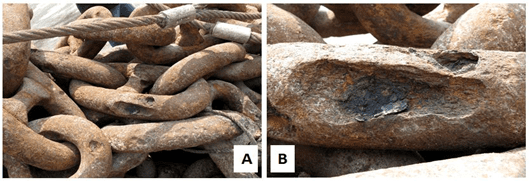
The Requirement: Microbiological analysis of samples from an FPSO mooring chain
It was suspected that in these cases, the main corrosion mechanism was microbiologically influenced corrosion (MIC), which then influenced the rate of cracking. Previously, several investigations have been criticised for determining that the root cause was MIC with little, if any, microbiological data to confirm this conclusion. Although MIC is often associated with pitting and unexpected failures in marine environments, it is not the only possible explanation. If further unexpected failures were to be prevented, it was necessary to undertake a microbiological investigation to provide evidence in order to confirm the involvement of MIC.
The Service: Sampling and analysis of samples from retrieved mooring chains
ICR Integrity and NCIMB were asked to undertake the analysis of samples from several mooring chains from an FPSO moored off the coast of West Africa (See Figure 2). This involved writing a procedure to enable a crew member to take samples in an appropriate manner and the provision of a kit to ensure the samples were preserved during transportation to the Oilfield Microbiology laboratory at NCIMB. The sampling kit and procedure were dispatched to the chain retrieval vessel and the samples were taken by a member of the crew from five different depths from a single mooring line once the chain was safely secured on the deck of the retrieval vessel.
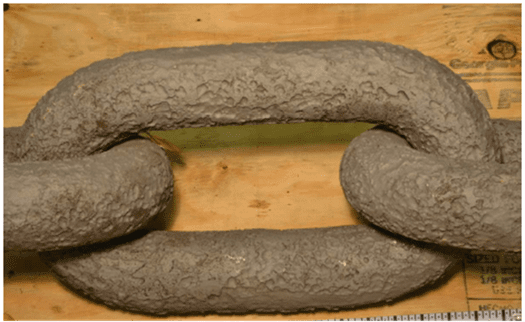
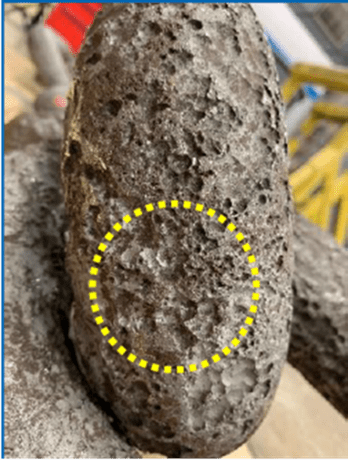
Figure 2: Pitting observed from retrieved mooring chains


